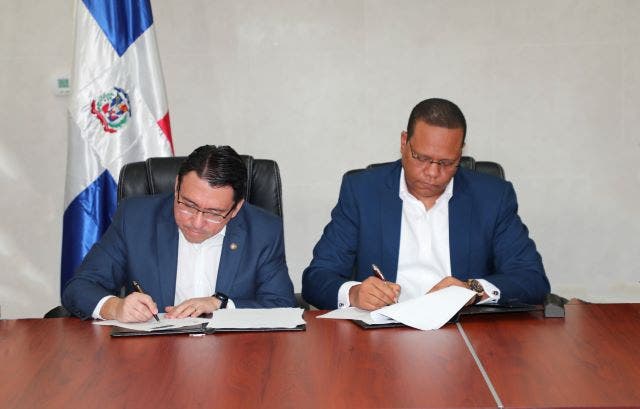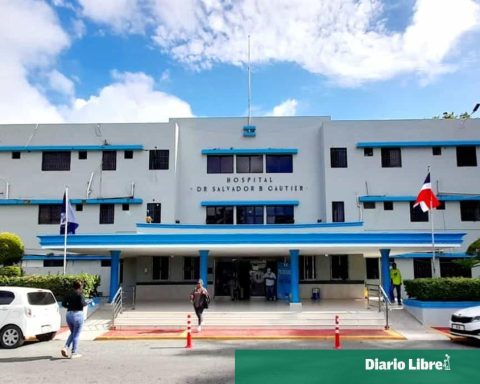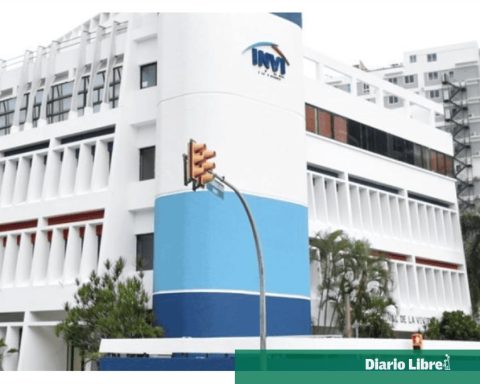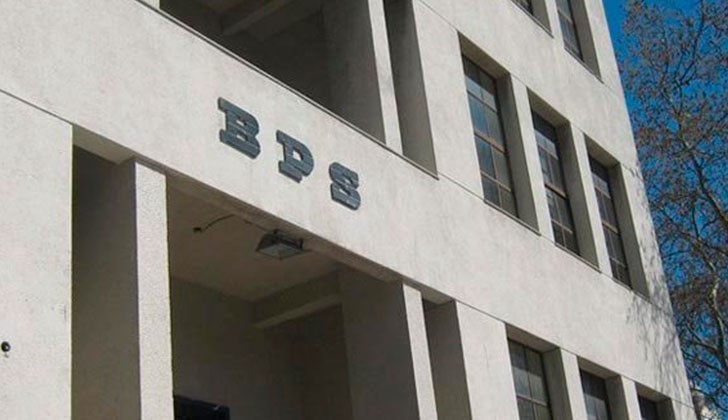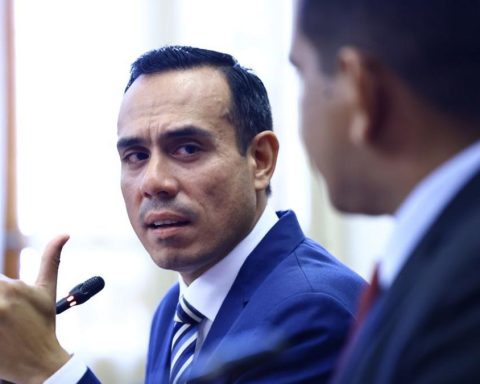The National Institute Protection of Consumer Rights (Pro Consumidor) and the Consumer Ombudsman of the Government of El Salvador They signed a collaboration agreement on Monday that includes the exchange of institutional policies, conflict resolution mechanisms, tools for compliance and surveillance of commercial establishments, and procedures for the application of the law for the protection of consumer rights.
The agreement, signed by the executive director of Pro-Consumer, doctor Eddy Alcántara, and the president of the Consumer Ombudsman of El Salvador, Mr. Ricardo Arturo Salazar Villalta, establishes that both institutions undertake to provide mutual assistance to take advantage of their experiences and strengthen the application of their consumer protection legislation and policy.
Likewise, it is highlighted that all activities for the exchange of experiences as technical assistance that are developed under this memorandum, “are subject to the availability of budgetary funds for each signatory.”
The agreement, signed at the headquarters of Pro Consumidor, says that it seeks to favor the establishment of consultation services and extra-legal mechanisms for resolving cross-border disputes, “within the sphere of competence of the consumer protection administrations in both countries, in the contracting and acquisition of goods and services in which consumers and companies located in both countries are involved”.
TAlso, promote cooperation and coordination between the signatories on matters that are matters of their competence and mutual interest.
Likewise, the two institutions declare their intention to establish joint activities through training, seminars, conferences, internships and consultancies that can be replicated in the Dominican Republic or El Salvador.
They also agree that both parties may consult on issues related to consumer rights “or when there is evidence of violations of consumer rights in one of the signatory countries with effect on that of another signatory.”
One of the articles establishes that the two institutions that defend the rights of the consumer They agree to create a Joint Work Table, with links from both parties, which may meet with prior notice “to make possible, manage and follow up on the programs approved for execution, so that there is no delay in their execution.” .
The document highlights the importance for the economy of the signatory countries, carrying out activities for the promotion of rights and protection of consumers in their respective territories.
They also recognize that mutual collaboration constitutes one of the basic principles of Public Administrations, “as one of the most effective mechanisms to promote dynamic and sustainable development processes that adjust to the changes and demands of the time”.
Likewise, they highlight in the agreement that the parties are institutions determined to define joint actions with the aim of promoting a culture of responsible consumption in the communities, stimulating better commercial practices, “as well as the link with other public-private entities, all of which it will have a positive impact on Dominican consumers.”
